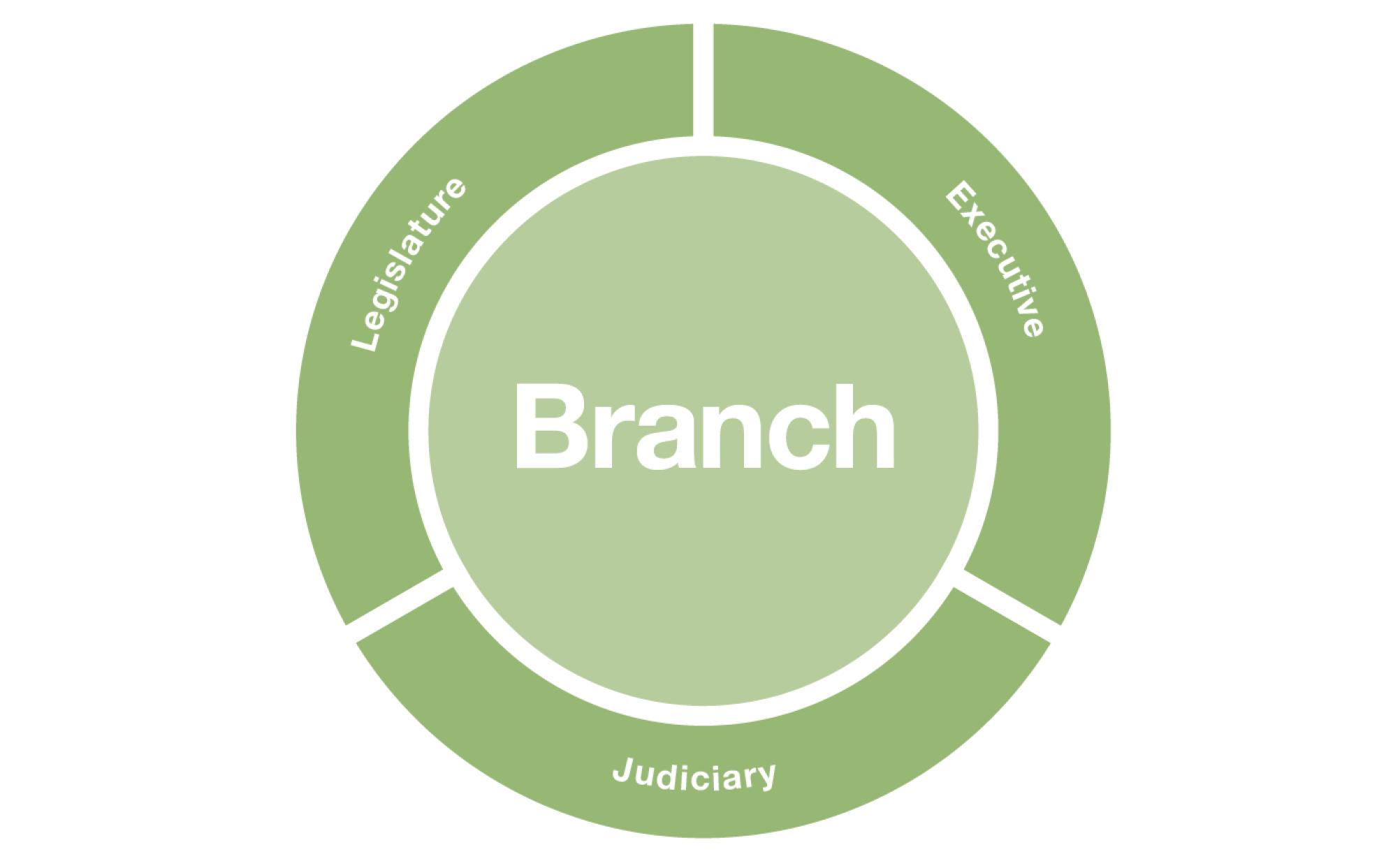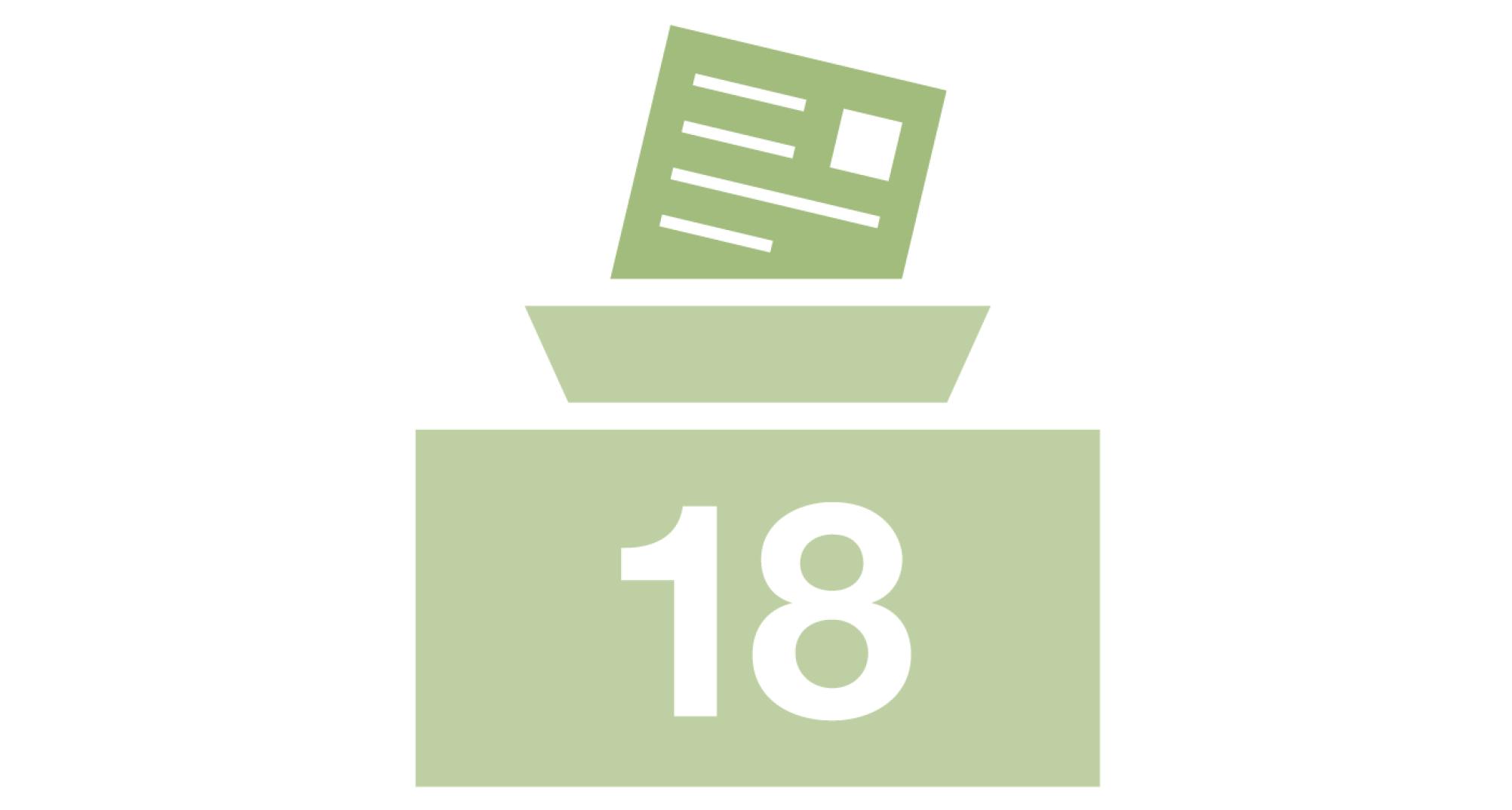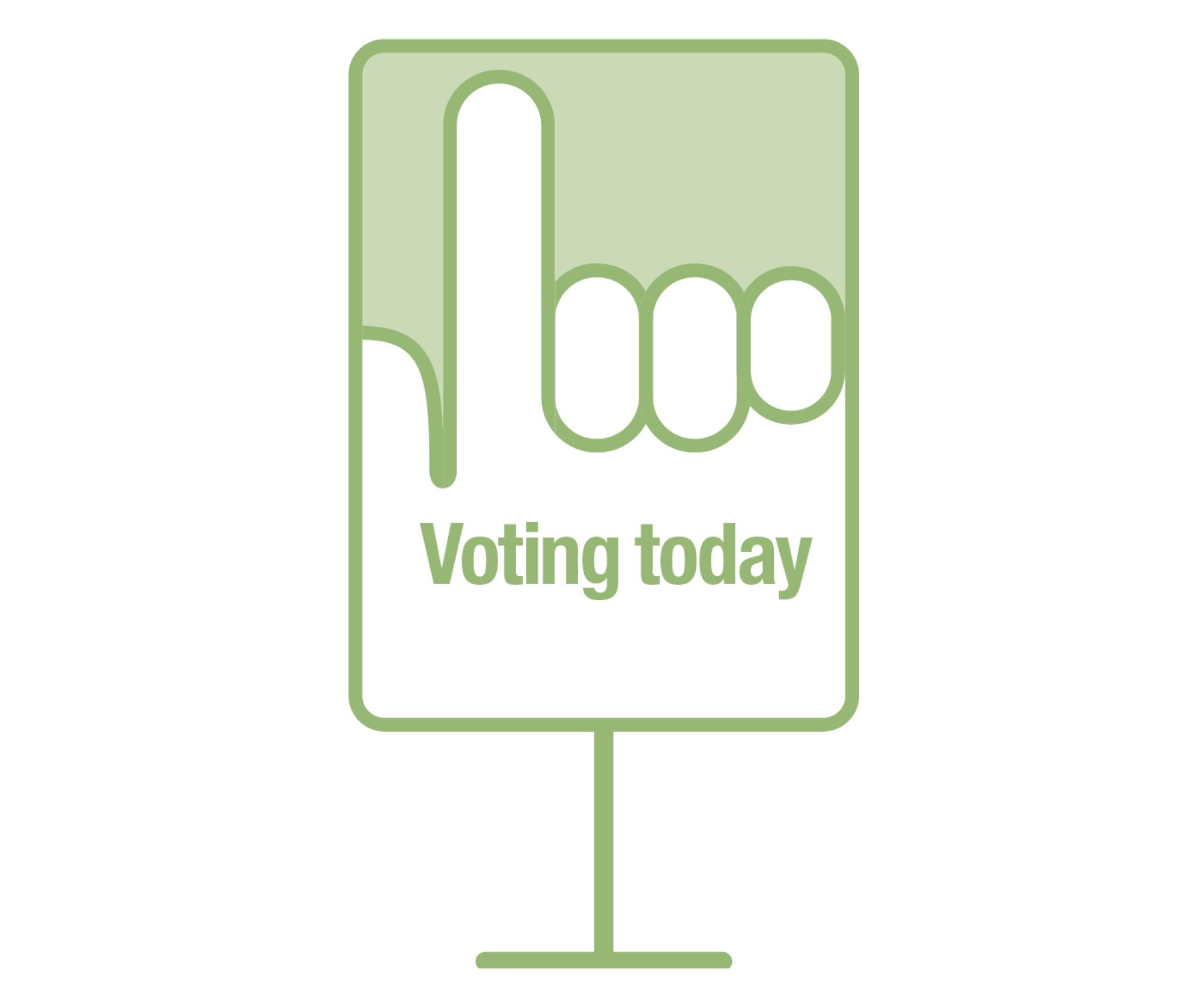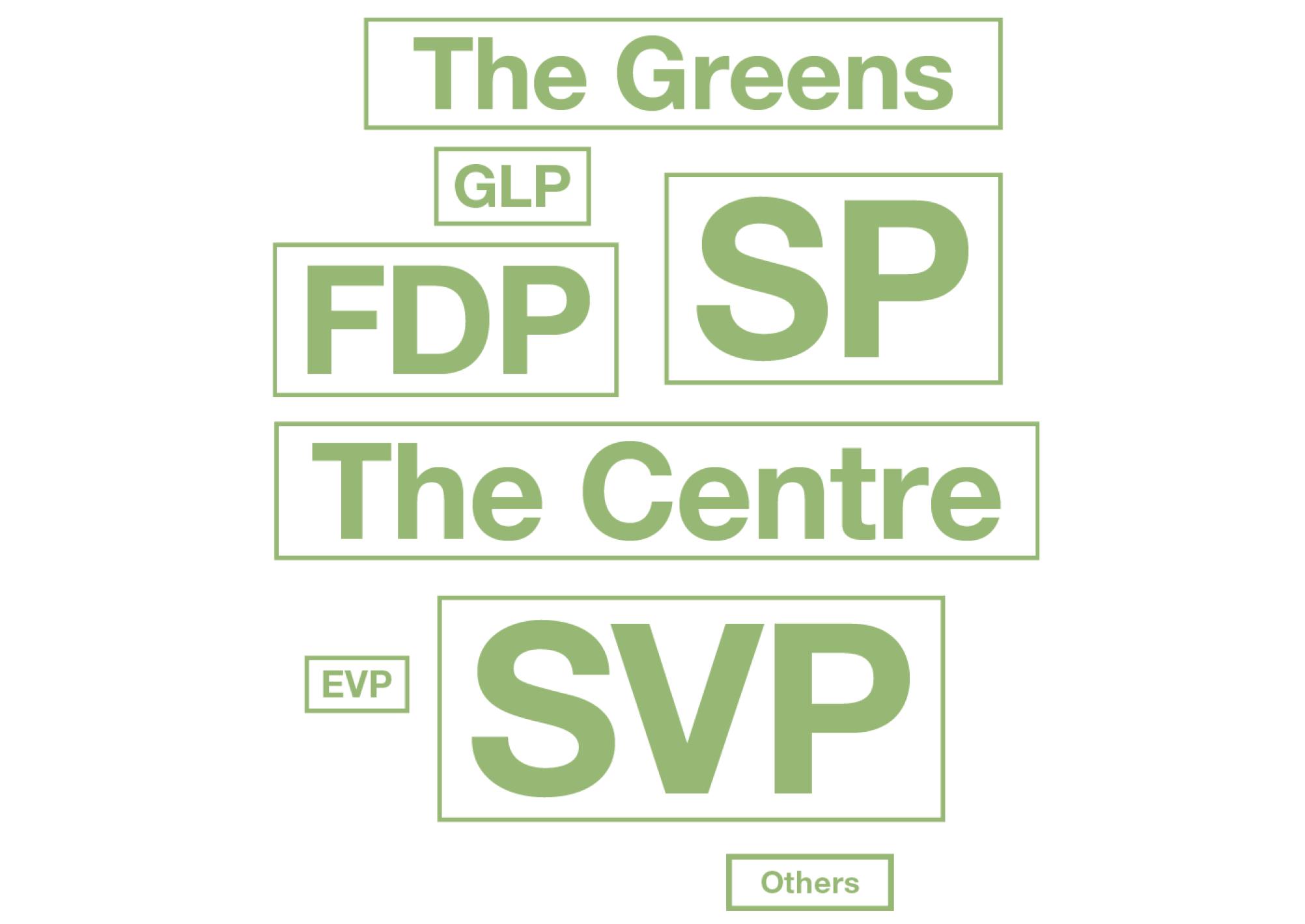Direct democracy
Is there any other country where
people have as many democratic rights as in Switzerland? People vote on
specific issues three to four times a year. Every four years there are
parliamentary elections. The separation of powers ensures that power is not concentrated
in the hands of any single person or political party: this is a fundamental
principle of Swiss democracy.
Separation of powers
Power is
divided among the three branches of the State, the legislature (Parliament), the
executive (Federal Council) and the judiciary (courts).

Right to vote and to be elected
Swiss citizens aged 18 and over have the right to vote. They can also stand as
candidates for public office. Around 5.5 million people are
eligible to vote.

Popular votes
The Swiss are
world champions at voting: they vote on every amendment to the Constitution. By
launching a popular initiative or calling for a referendum, citizens can demand
that a vote be held on a political issue.

A wide range of parties
Switzerland’s political landscape is home to a diverse range of parties,
none of which has a majority at federal level - neither in Parliament nor in
the Federal Council.

Turnout for votes and
elections
Usually around 45% of
those eligible to vote cast their ballots in federal votes. Voter turnout may
be higher or lower depending on the issue that is being voted on. Turnout is
similar in elections: just under 50% of Swiss women and men normally vote in
federal elections.
Casting your ballot
Voters have
various ways of casting their ballots:
- By
post: voters send their ballot paper by post in the official envelope or pop it
in the mail box at their local council offices.
- At
the ballot box: voters can put their ballot paper in the ballot box at the
local polling station.
E-voting
The Confederation and the cantons now have more
than 15 years of experience with e-voting. Currently, however, e-voting has
been suspended. The
rules on e-voting are being revised for the next trial phase in order to increase
system stability using fully verifiable systems.
People’s assemblies (Landsgemeinden)
In the
cantons of Glarus and Appenzell Innerrhoden, several thousand voters gather
outdoors once a year to vote in a people’s assembly (Landsgemeinde). They vote to elect their representatives and to
decide on proposals that affect their canton. The people’s assembly is an
ancient form of Swiss democracy.